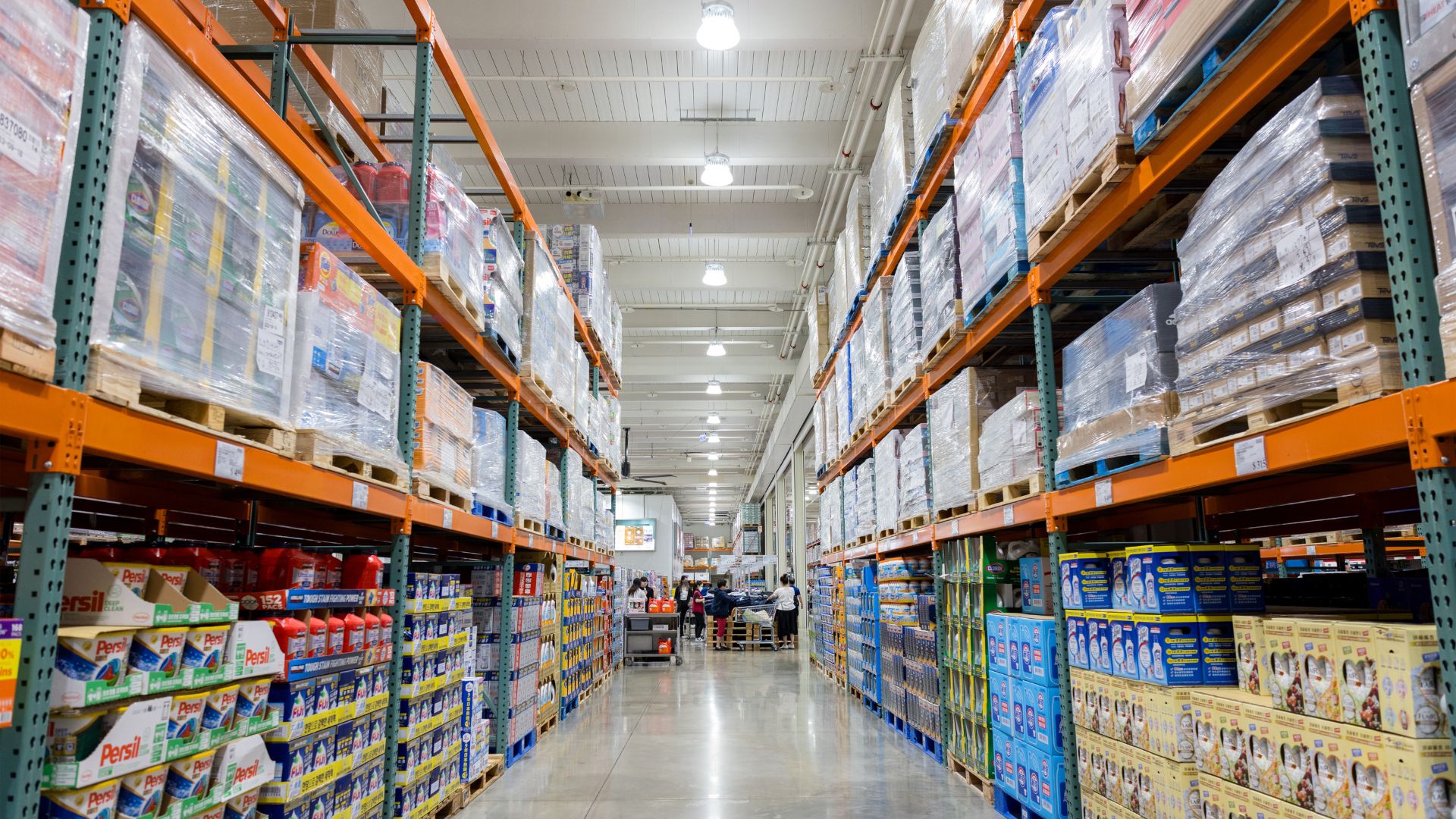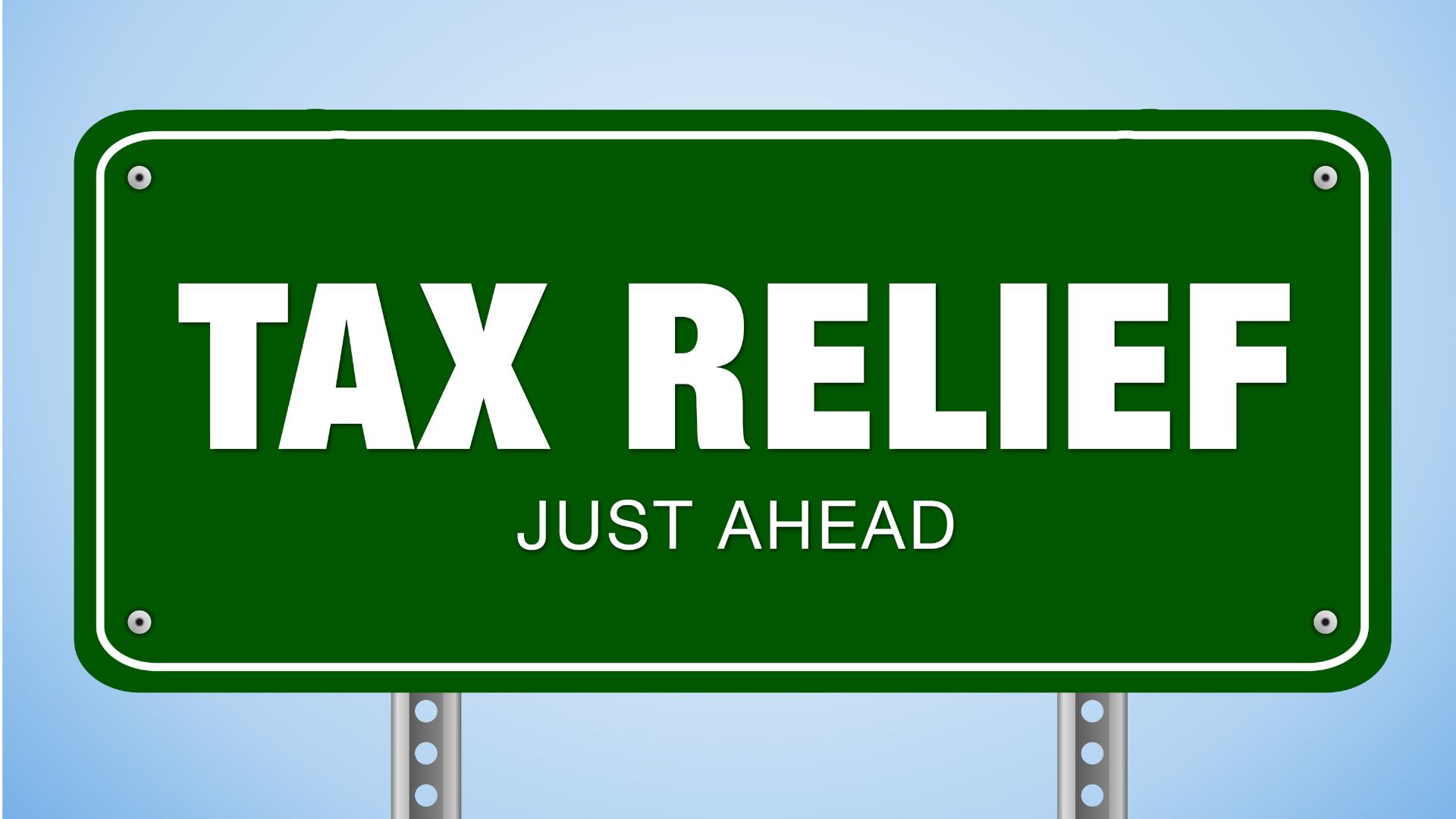The UAE’s consumer goods market is vibrant, diverse, and rapidly evolving. From electronics and fashion to everyday essentials, consumer goods businesses power the country’s retail landscape and fuel its economic growth. But as the market expands, so do the tax compliance requirements. In 2025, with new corporate tax rules, updated VAT regulations, and stricter digital compliance standards, understanding your obligations is essential for every retailer, distributor, and importer.
This blog will break down the latest tax compliance requirements for the UAE consumer goods sector in 2025, using clear examples and practical advice to help businesses stay ahead.
- Corporate Tax: The New 9% Standard
Who Needs to Pay?
As of 2025, the UAE has fully implemented a 9% corporate tax on taxable profits above AED 375,000. This applies to:
– Mainland businesses: All companies registered in the UAE and engaged in commercial, industrial, or professional activities.
– Free zone companies: Qualifying free zone entities may continue to benefit from a 0% tax rate on qualifying income, but non-qualifying income (such as sales to mainland clients) is taxed at 9%.
– Natural persons: Individuals (including sole proprietors, freelancers, and consultants) earning over AED 1 million annually from business activities must register for corporate tax by March 31, 2025, or face a penalty of AED 10,000.
Example:
A Dubai-based electronics retailer earns AED 2 million in taxable profit in 2025. The first AED 375,000 is exempt; the remaining AED 1,625,000 is taxed at 9%, resulting in a tax bill of AED 146,250.
Registration and Deadlines
– Mandatory registration for all businesses above the threshold.
– March 31, 2025: Deadline for natural persons (sole proprietors, freelancers).
– Staggered deadlines for companies based on incorporation date.
Penalty for late registration: AED 10,000.
- VAT: The 5% Standard and What’s New in 2025
VAT Basics
– Standard VAT rate: 5% on most consumer goods and services.
– Zero-rated (0%) VAT: Exports, international transport, education, and healthcare.
– Exempt: Certain financial services, residential property rentals, and local public transport.
Who Needs to Register for VAT?
– Mandatory registration: Businesses with annual taxable supplies and imports exceeding AED 375,000.
– Voluntary registration: Businesses with turnover or expenses over AED 187,500.
Example:
A supermarket chain with AED 500,000 in annual sales must register for VAT, charge 5% on all taxable goods, and file VAT returns.
 VAT Compliance Updates for 2025
VAT Compliance Updates for 2025
– Stricter tax invoice requirements: All businesses must issue compliant tax invoices for every sale, including digital receipts for online transactions.
– Real-time digital submission: VAT returns and invoices must be submitted electronically through the EMARATAX portal.
– Enhanced FTA audits: The Federal Tax Authority is increasing scrutiny, with more frequent audits and digital checks.
– Designated zones: Some free zones have updated VAT treatments-check if your business is affected.
Input and Output VAT
– Output VAT: Collected from customers on sales.
– Input VAT: Paid to suppliers and can be reclaimed.
Example:
A retailer sells electronics worth AED 100,000 (output VAT = AED 5,000). They buy inventory for AED 60,000 (input VAT = AED 3,000). Net VAT payable to the FTA: AED 2,000.
- E-Invoicing and Record-Keeping
E-Invoicing Mandate
From November 2024, e-invoicing is legally recognized and required for VAT reporting and input tax recovery. Invoices must be:
– Structured digital format (XML/JSON)
– Validated through approved platforms
– Stored for at least five years
Record-Keeping
– Maintain VAT records, invoices, and adjustments for five years.
– Monthly VAT returns: Required for businesses with turnover above AED 150 million.
– Quarterly VAT returns: For businesses below that threshold.
- Penalties and Compliance Risks
– Late VAT registration: AED 10,000 penalty.
– Late filing or incorrect invoices: Fines range from AED 1,000 to over AED 50,000.
– Inaccurate records: Can result in denied input VAT claims and additional penalties.
- How VAT Works in the Consumer Goods Supply Chain
VAT is collected at each stage of the supply chain, but the end consumer bears the cost.
Example Supply Chain:
- Importer:
Imports goods worth AED 100,000. Pays AED 5,000 VAT at customs.
- Distributor:
Buys from importer for AED 120,000 (including VAT). Sells to retailer for AED 150,000 + AED 7,500 VAT.
- Retailer:
Buys from distributor, sells to consumer for AED 200,000 + AED 10,000 VAT.
- Consumer:
Pays the final VAT. Businesses reclaim input VAT at each stage.
- Special Cases: Zero-Rated and Exempt Goods
Zero-Rated
– Exports: Goods shipped outside the UAE are zero-rated. Businesses can reclaim input VAT on these sales.
– Example:
A UAE-based online store exports electronics to Saudi Arabia. The sale is zero-rated, but input VAT on inventory can be reclaimed.
Exempt
– Certain financial services and residential property rentals are exempt from VAT. Input VAT related to exempt supplies cannot be reclaimed.
- Practical Steps for Consumer Goods Businesses
- Register for Corporate Tax and VAT
– Assess your annual profits and turnover.
– Register with the FTA before the deadline to avoid penalties.
- Issue Compliant Tax Invoices
– Ensure every sale-whether in-store or online-is accompanied by a VAT-compliant invoice.
– Use e-invoicing software that meets FTA requirements.
- File VAT Returns on Time
– Use the EMARATAX portal for monthly or quarterly filings.
– Double-check calculations to avoid errors and penalties.
- Reclaim Input VAT
– Track all input VAT paid on business expenses.
– Submit claims promptly to optimize cash flow.
- Maintain Digital Records
– Store invoices, receipts, and VAT returns for at least five years.
– Be prepared for FTA audits with organized, accessible records.
- Stay Updated on Regulatory Changes
– Monitor FTA announcements and updates to designated zones or VAT treatments.
– Train staff regularly on compliance requirements.
7. Common Mistakes and How to Avoid Them
– Missing registration deadlines: Leads to automatic penalties.
– Incorrect VAT calculation: Results in overpayment or underpayment.
– Non-compliant invoices: Can cause input VAT claims to be denied.
– Poor record-keeping: Increases audit risk and can result in fines.
– Ignoring new e-invoicing rules: May delay VAT recovery and attract penalties.
8. Real-World Example: A UAE Fashion Retailer
Scenario:
A Dubai-based fashion retailer has AED 2.5 million in annual sales.
– Registers for VAT and corporate tax.
– Issues digital tax invoices for in-store and online sales.
– Files quarterly VAT returns via EMARATAX.
– Reclaims input VAT on inventory, marketing, and logistics.
– Keeps all records digitally for easy audit access.
– Expands to export sales, applying zero-rated VAT and reclaiming input VAT on those goods.
By staying compliant and organized, the retailer avoids penalties, optimizes cash flow, and builds trust with customers and suppliers.
Key Takeaways for 2025
– 9% corporate tax applies to profits above AED 375,000 for most businesses.
– 5% VAT applies to most consumer goods, with strict compliance and e-invoicing now mandatory.
– Register on time, issue compliant invoices, and keep digital records.
– Reclaim input VAT to optimize cash flow.
– Stay alert for regulatory updates and train your team.
Conclusion
Tax compliance in the UAE consumer goods market in 2025 is more demanding but also more streamlined thanks to digitalization and clear regulations. By understanding corporate tax, VAT, and e-invoicing requirements-and by keeping accurate, digital records-businesses can avoid penalties, optimize their finances, and focus on growth.
For tailored advice or a compliance review, consult a certified UAE tax consultant. Staying proactive is your best strategy for success in the fast-moving world of UAE consumer goods.





